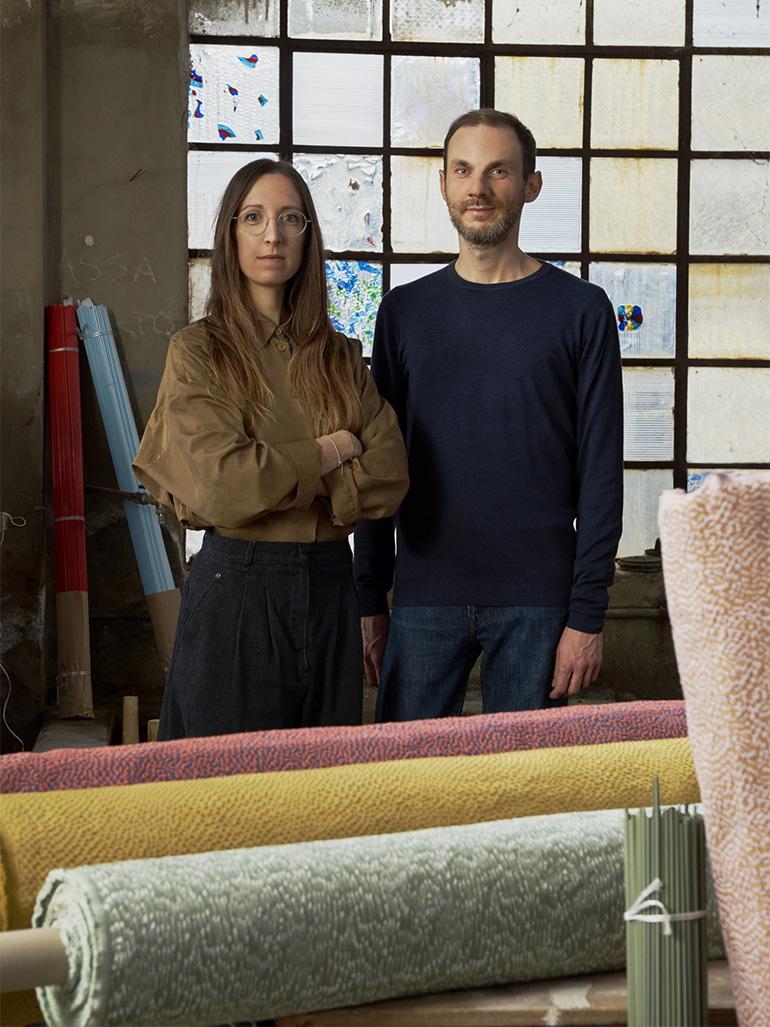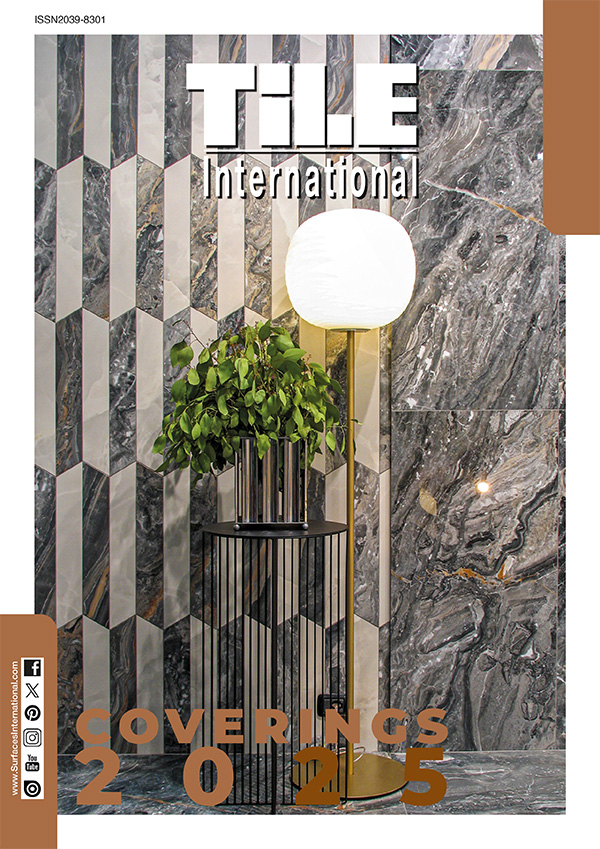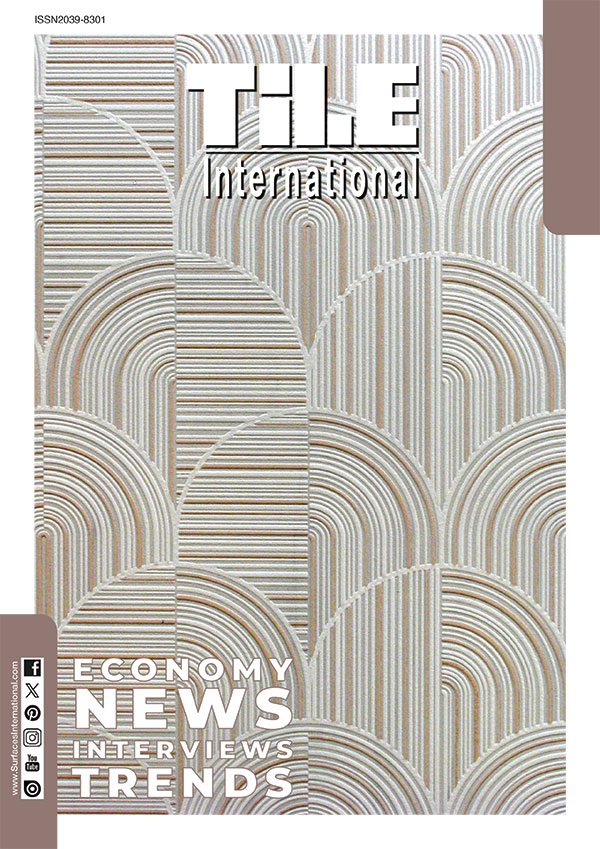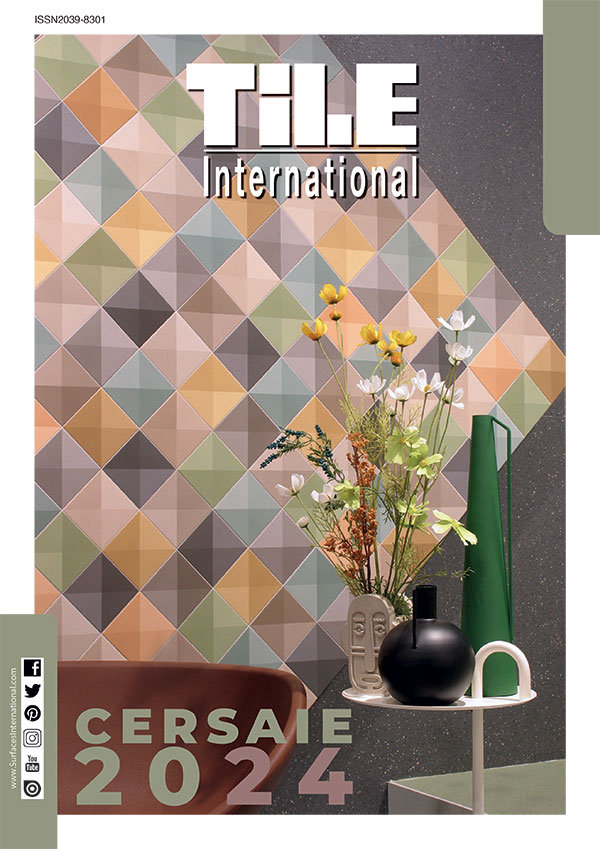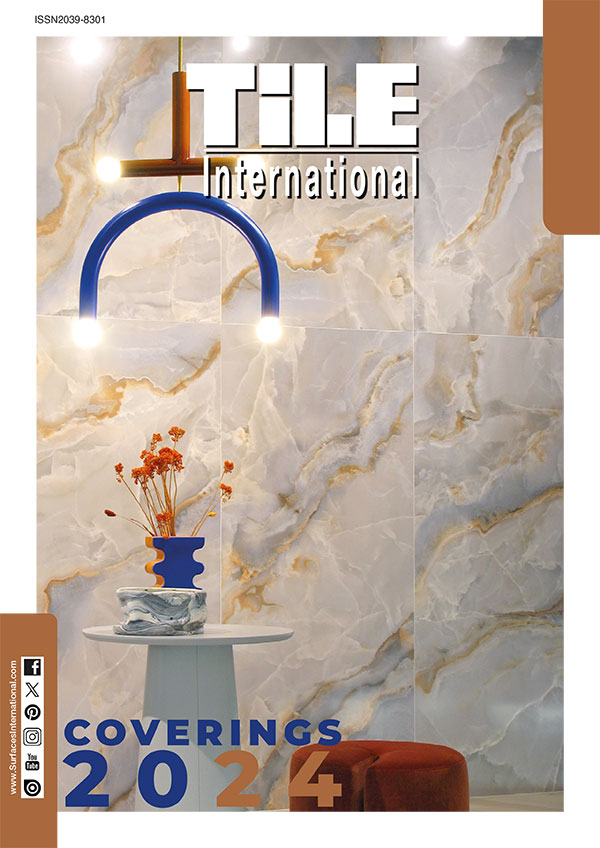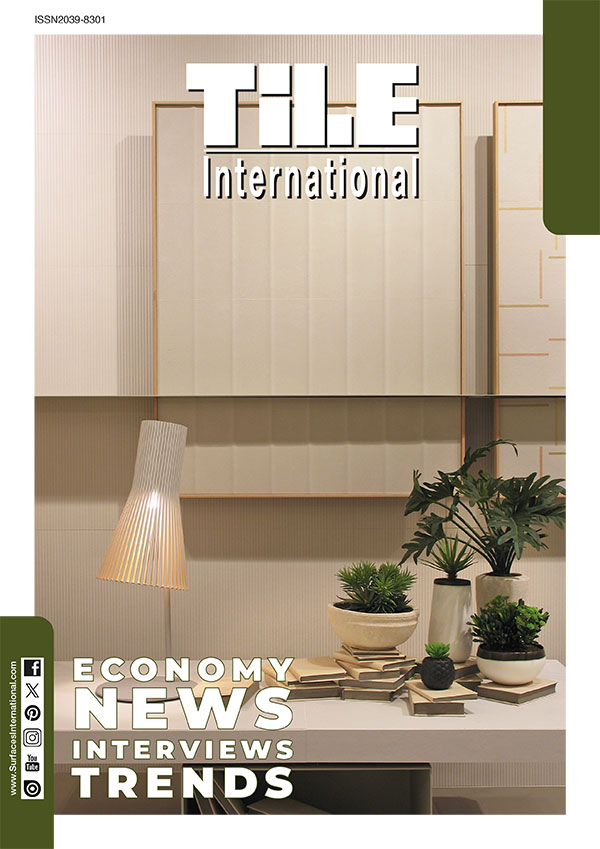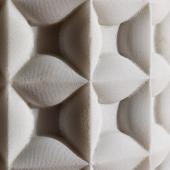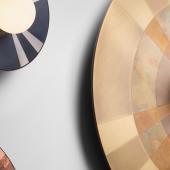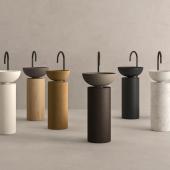l’Opificio presents Filigrana by Zanellato/Bortotto
l'Opificio participates in the 62nd edition of the Salone del Mobile, continuing its exploration in the world of textile design and sustainability with Filigrana, the new collection designed by the duo Zanellato/Bortotto.
Filigrana consists of four designs inspired by different traditional Murano glass techniques reinterpreted in a contemporary key. The project particularly refers to murrine, colorful patterns or images made in a glass rod that become visible when the rod is cut into sections. Filigree and grinding are among the many methods that distinguish this particular production, passed down from generation to generation in the Venetian territory.
Vivid and sophisticated, the patterns Bollicine, Comete, Grani, and Nebulosa gain tactile and visual three-dimensionality thanks to the choice of different yarns and hues. The fabrics are double-weave lampas made of cotton and viscose. Unexpected designs create a moving weave that brings dynamism to cushions, draperies, and living room furnishings. From sophisticated spaces to minimal environments, the collection fits into contemporary residential projects with extreme versatility, also thanks to the wide chromatic range proposed.
"The world of Murano glass has always fascinated us with its richness of textures, colors, and patterns," say Giorgia Zanellato and Daniele Bortotto. "Recreated through grinding, bubbles, or the use of colored rods, the variations that can be achieved with glass are almost infinite. We explored the irregular dotting of the murrine to translate it into fabrics with particular three-dimensionality, and we tried to capture those specific effects of glass where, starting from a rather geometric scheme, the processing and the temperatures used soften these geometries, making them irregular and sinuous."
To showcase l’Opificio’s novelties, the fair setup recreates a dreamlike setting in shades of blue with soft and sinuous profiles. Designed by the architect and stylist Bruno Tarsia, the stand will feature, alongside "Filigrana" by Zanellato/Bortotto, some of the brand’s latest collections, including:
- "Architrame" by Lanzavecchia+Wai,
- "Scott" and "Talia," designed by Serena Confalonieri,
- "Montagna Magica" by Elisa Seitzinger,
- "Relief" and "Les Intrigues" by Bruno Tarsia,
- "Grid" by Roberta Borrelli.
The setup is conceived to engage the spectator on a journey that weaves through creative inspirations and the discovery of materials, exploring, fiber by fiber, the masterfully crafted textiles from l’Opificio’s experience. The stand narrates a story of heritage, contemporaneity, artisanal tradition, and textile innovation through an elegantly designed and sophisticated narrative.
Undisputedly the centerpiece of the scene is the textile wall entirely composed of cushions: a majestic yet delicate installation, an impressive soft volume made of various fabrics and padding playing with a series of tactile effects and a range of gentle hues inspired by nature's nuances. A textile artwork that not only decorates but also converses with visitors, evoking emotions, memories, and aspirations.
“The installation," Bruno Tarsia explains, "serves as a metaphor for the comfort and the variety of experiences that l'Opificio offers. The wall of cushions, in a chromatic play of tones ranging from blue to beige to ivory, creates a mosaic that invites contemplation and relaxation.”
The entire project has been devised in perfect continuity with the sustainability guidelines promoted by Salone del Mobile.Milano, aiming to create an increasingly sustainable event respectful of the environment and people, themes that have always been dear to the company.
Since its foundation in 1998, l’Opificio has indeed focused on sustainability as a corporate objective. A particular commitment to the environment and people is reflected both in the choice of raw materials and production methods, as well as in a concept of luxury goods meant as high-quality, long-lasting products, far from the idea of "fast use". Moreover, with the goal of embodying positive change through a sustainable production process, l’Opificio has joined with other companies in the textile industry to partner with Slow Food in creating Slow Fiber, confident that the high aesthetic quality of the product goes hand in hand with respect for the environment and humanity.
ph Matteo Bellomo


